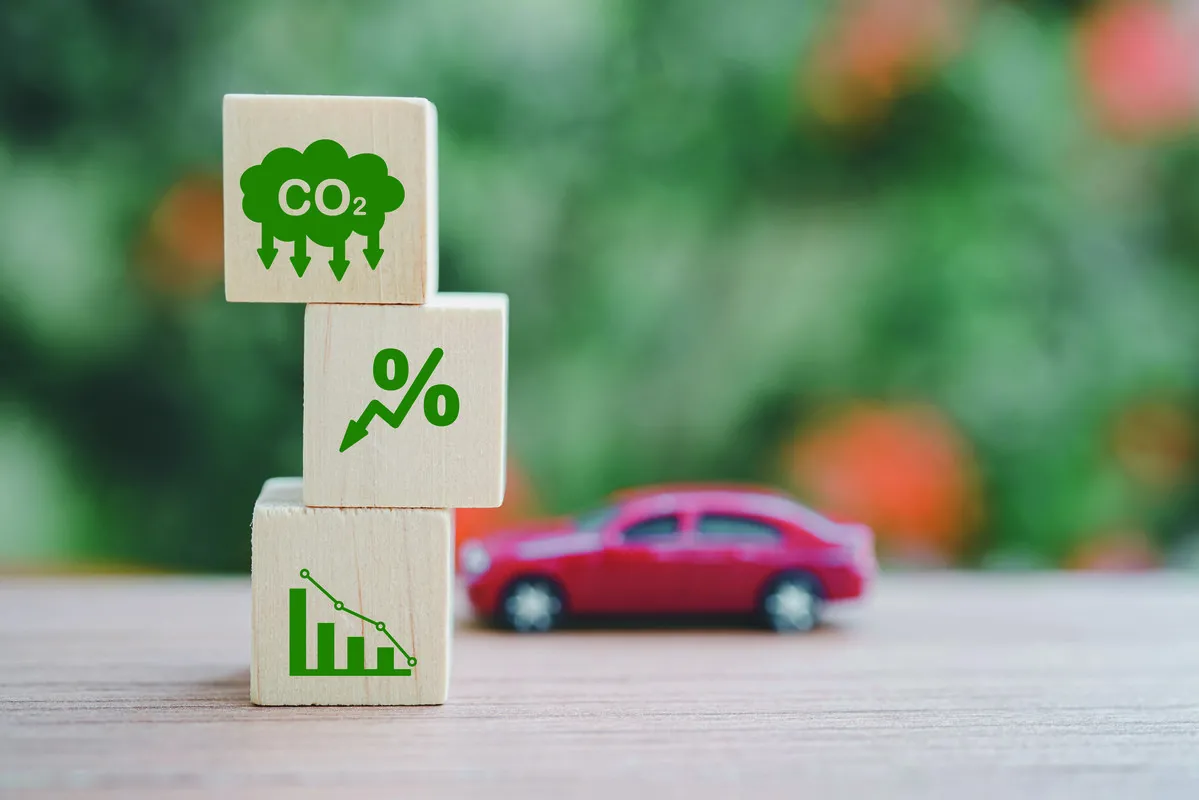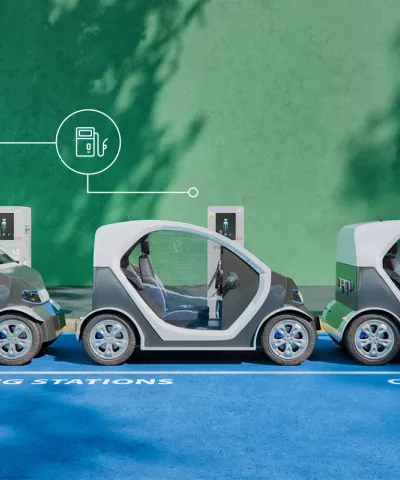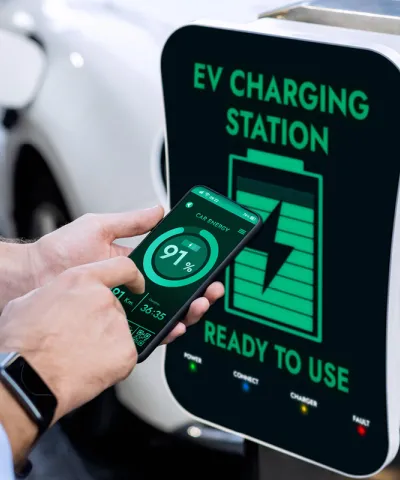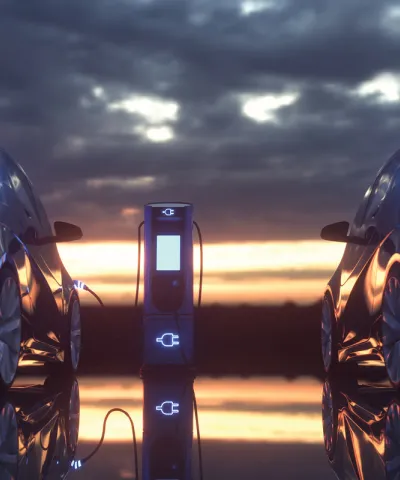Inflation has made Danes hold back on purchasing more eco-friendly vehicles, but that’s not the whole explanation for the decreasing figures.
Among Danish consumers, 40 percent are concerned about climate protection when buying a car or motorcycle. But consumers became less willing to pay extra for an electric car or other sustainable vehicle from 2021 to 2022, according to the Global Sustainability Study from the consultancy Simon-Kucher.
According to the study, 40 percent of Danish consumers consider environmental sustainability to be one of the five most important purchasing criteria for a private vehicle. Other criteria ranked highly include reliability and durability, price, quality, and driving comfort.
“In fact, the most important thing for Danes is that the car has a long life span. When consumers are asked what they mean by environmental sustainability, most of them think first about the durability of the car. Only then do aspects such as CO2 emissions and the possibility of recycling parts come to mind,” says Senior Manager Caroline Kastbjerg from Simon-Kucher.
In March 2023, 6,554 new electric cars were sold in Denmark (an increase of 157 percent from 2022). Tesla was the month’s best-selling car brand with 3,675 cars.
Fewer are willing to pay extra for a sustainable car
Although a significant share of Danish consumers want to help protect the climate through their choice of car, the share of consumers willing to pay extra for a sustainable car is declining.
According to the latest edition of the Global Sustainability Study, 30 percent of Danish consumers were willing to pay extra for sustainable private vehicles in 2022, compared to 36 percent in 2021. Among the 30 percent willing to pay extra, people were willing to pay an average of 24 percent more for a sustainable alternative to a traditional petrol or diesel car. The corresponding figure was 28 percent in 2021.
“We hypothesize that the decrease is mainly due to two things: One is that price increases have affected consumers’ overall purchasing power. The second is that more and more consumers simply assume that they can buy sustainable products at prices comparable to those of traditional products. This is a development we see in a number of areas. A few years ago, green alternatives were seen as something that was not offered by everyone. Today, a very large segment of consumers expect that they can be climate-conscious through their purchasing decisions as the supply of sustainable products increases,” says Caroline Kastbjerg.
A clear signal to the automotive industry
Senior Partner Nicolai Broby Eckert from Simon-Kucher says that consumers’ prioritization of sustainability is a clear signal to the automotive industry.
“Sustainability should increasingly be part of commercial strategy. It’s becoming essential to think green in terms of raw materials, production, and logistics. We don’t see the decline in willingness to pay extra for an electric car or other sustainable vehicle as a sign of waning interest in climate protection. Instead, it is a reminder to the automotive industry to launch electric cars that offer a real alternative to gasoline and diesel cars in terms of price. The decline in consumers’ willingness to pay extra could become a problem for the green transition, not least if politicians decide to phase out the current incentives to buy an electric car instead of an ICE car.”
The Global Sustainability Study 2022 is full of similar insights into what makes an effective sustainability strategy. Reach out to our industry experts to learn more.








